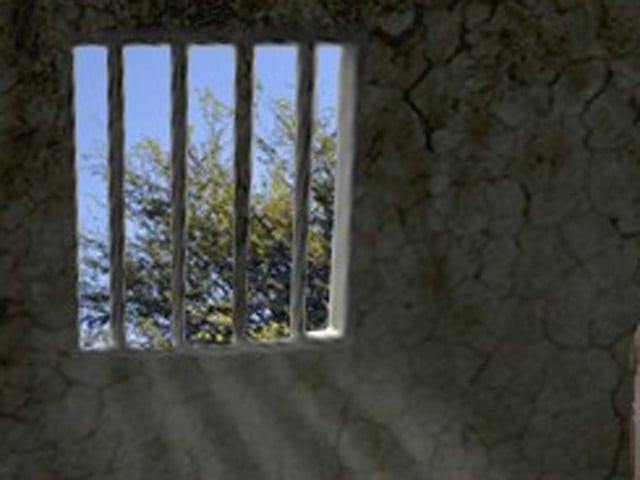Custodial deaths: ISI, MI told to explain deaths, present prisoners in court
Counsel for ISI, MI admits four prisoners dead; cites ‘natural causes’ as reason.

Custodial deaths: ISI, MI told to explain deaths, present prisoners in court
Charges of extrajudicial killings – leveled by the heirs of deceased prisoners – under the custody of intelligence agencies are grave but not without substance. And now the Supreme Court not only wants written explanations, but also wants seven men in custody to be produced before it – something that the counsel for the agencies seems reluctant to do.
The counsel for Inter-Services Intelligence (ISI) and Military Intelligence (MI) chiefs conceded on Monday before the Supreme Court that four out of 11 prisoners picked up from Adiala Jail, Rawalpindi, had died in custody, but of “natural causes”.
The civilians had been facing a court martial under the Army Act on charges of attacking the General Headquarters (GHQ) and ISI’s Hamza Camp base.
They were picked up from Adiala Jail by intelligence agencies after they had been acquitted of the charges by the court.
Raja Mohammad Irshad, the counsel of ISI and MI, told the court that the remaining seven prisoners were in Lady Reading Hospital in Peshawar and an investigation centre in Parachinar, which is why he was unable to produce them before the court.
A three-member bench, comprising Chief Justice Iftikhar Mohammad Chaudhry, Justice Khilji Arif Hussain and Justice Tariq Parvez, however directed the counsel to file a reply, explaining the circumstances under which the four prisoners died and produce the remaining seven prisoners before the court on February 9.
The court also directed the counsel to file a reply to the allegations levelled against his clients, in this case the ISI and MI chiefs, and directed him to arrange meetings of the prisoners, if possible, with their relatives.
Replying to a question by the court, the counsel said that the prisoners were no longer in the custody of intelligence agencies as they had been handed over to the provincial government. He asked the court to order the Khyber-Pakhtunkhwa government to produce these prisoners.
“We don’t know where they are, but you had taken away these 11 prisoners of Adiala Jail here from the court – thus produce them”, the chief justice said. Justice Khilji Arif Hussain also noted that the four prisoners had been killed and their bodies dumped on the road. Irshad contended that the report being carried in many sections of the press was not a fact and the allegation against the intelligence agencies was a “painful” one.
The court again issued notices to the attorney general and advocate general on the matter. At the outset of hearing, Raja Irshad sought time for submitting reply – however, the chief justice rejected his request. The hearing was adjourned till February 9.
The court noted that on January 6, 2011, a petition was filed before it that 11 people, who were initially confined in Adiala Jail, Rawalpindi, were taken into custody for the purpose of trial under the Army Act for allegedly playing a role in the October 2009 attacks on the army GHQ and Hamza Camp in Rawalpindi.
The petition by Rohaifa, the mother of three of 11 accused, alleged that her sons, Abdus Saboor, Syed Abdul Basit and Syed Abdul Majid and the eight other people had been kept in illegal confinement by intelligence agencies.
Her son Saboor, aged 29, was one of the four who died in custody.
Mohammad Amir died on Aug 15 last year, Tehseenullah on Dec 17 and Said Arab on Dec 18. She pleaded before the court to determine whether the deceased and surviving detainees, including her sons who were civilians, were subject to the Army Act.
“If they are subject to the Army Act then the court should declare that their arrest and detention and the proceedings of trial have not been done in a lawful manner and, therefore, they should be set free in the interest of justice,” she said.
Published in The Express Tribune, January 31st, 2012.



















COMMENTS
Comments are moderated and generally will be posted if they are on-topic and not abusive.
For more information, please see our Comments FAQ